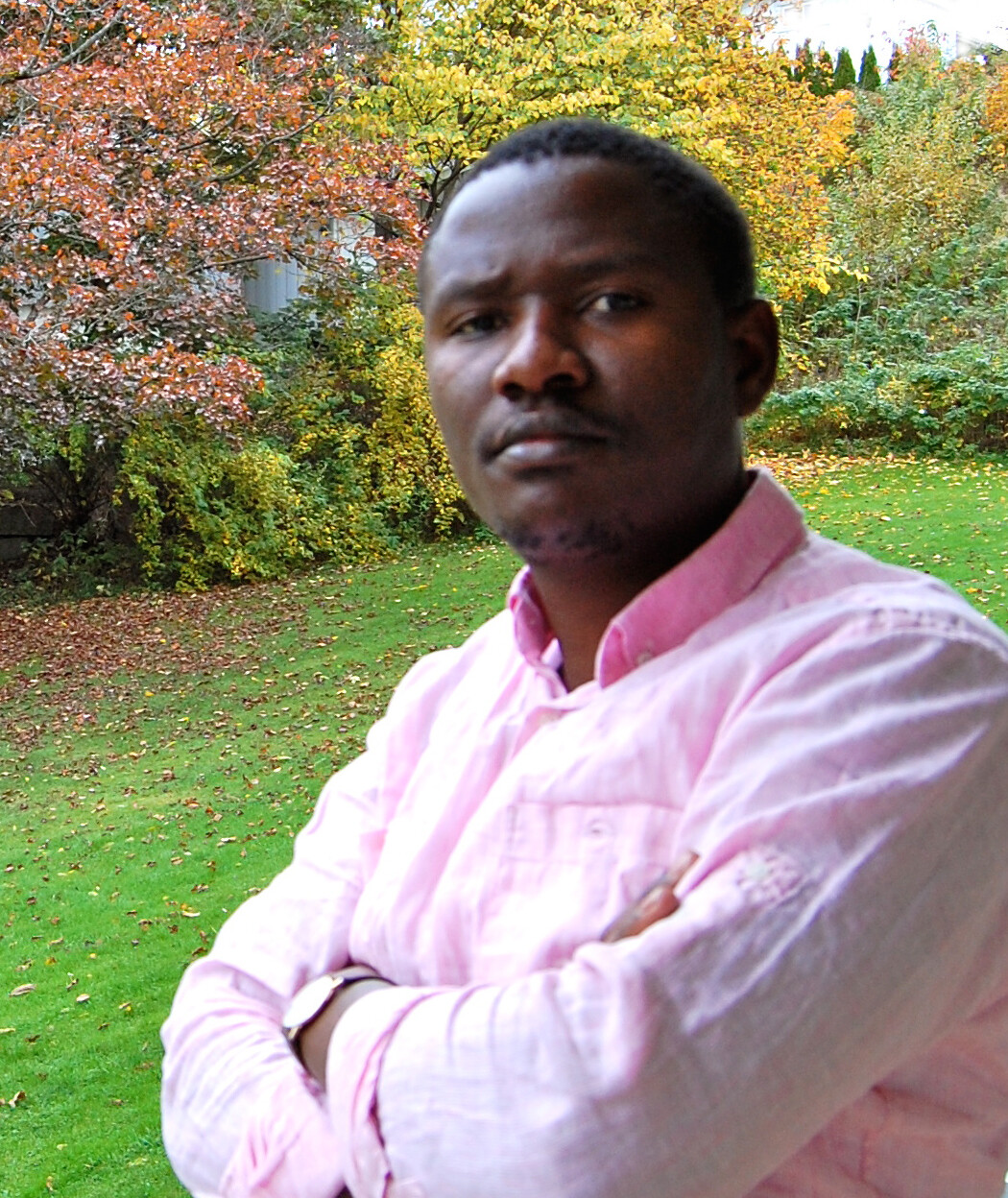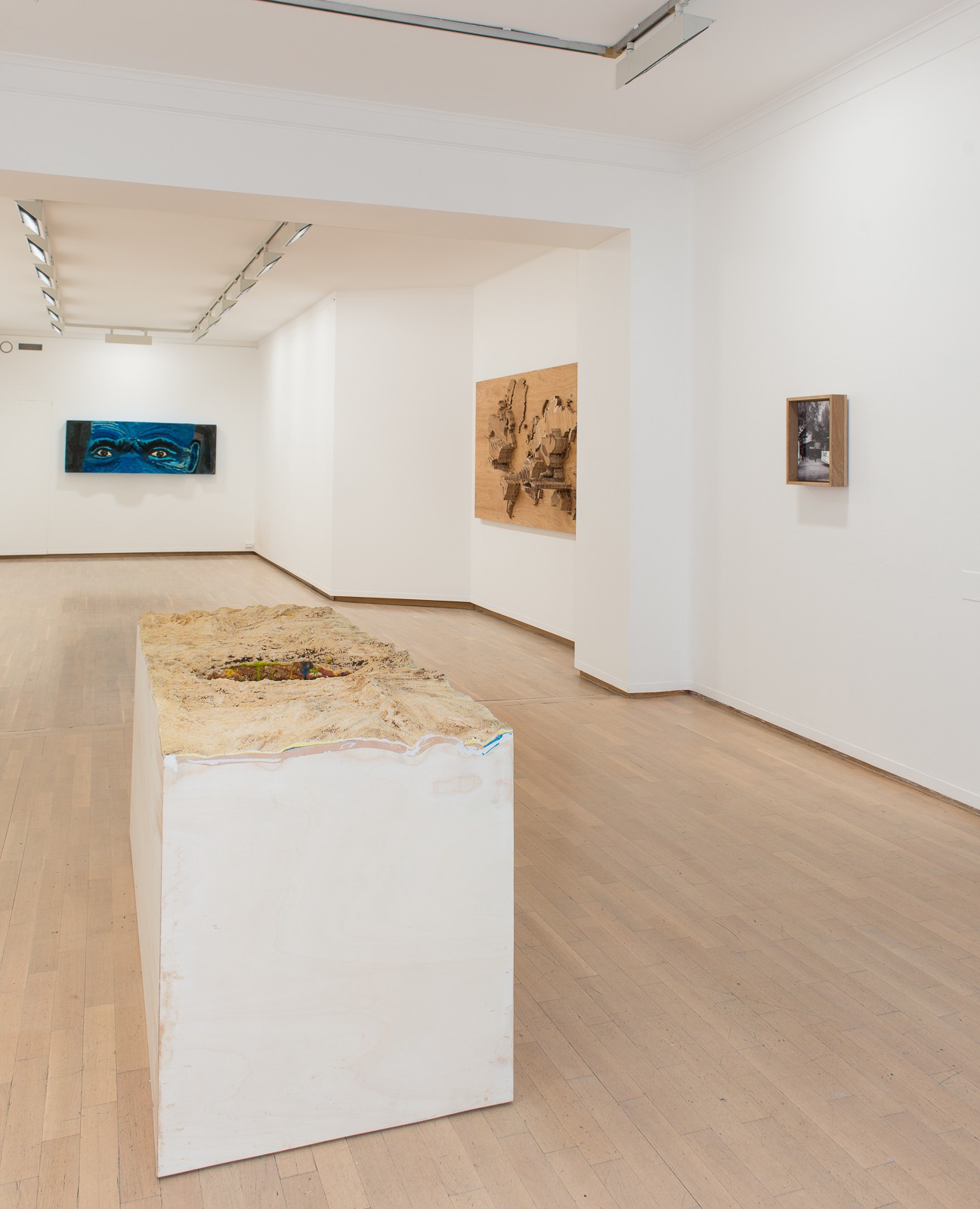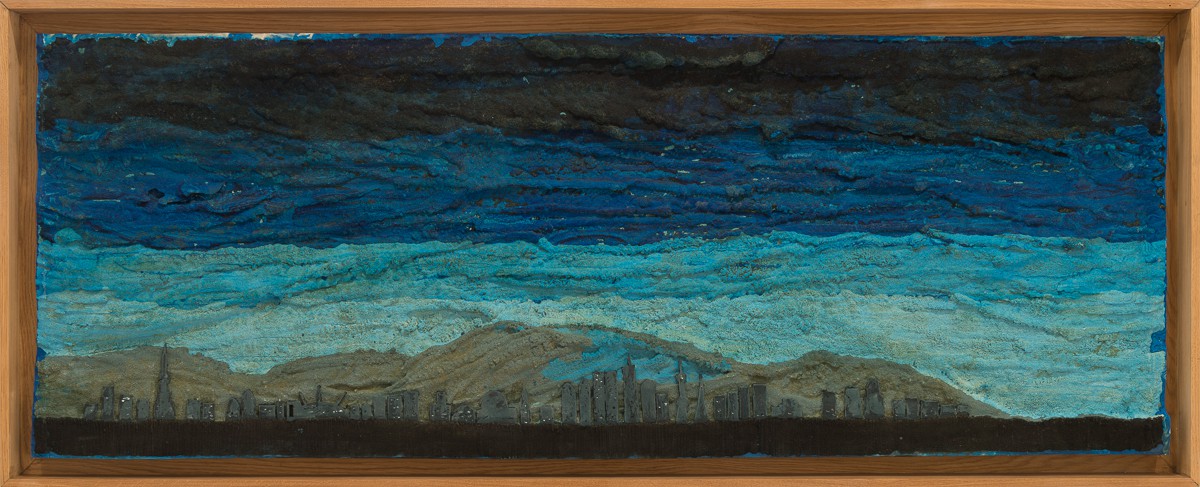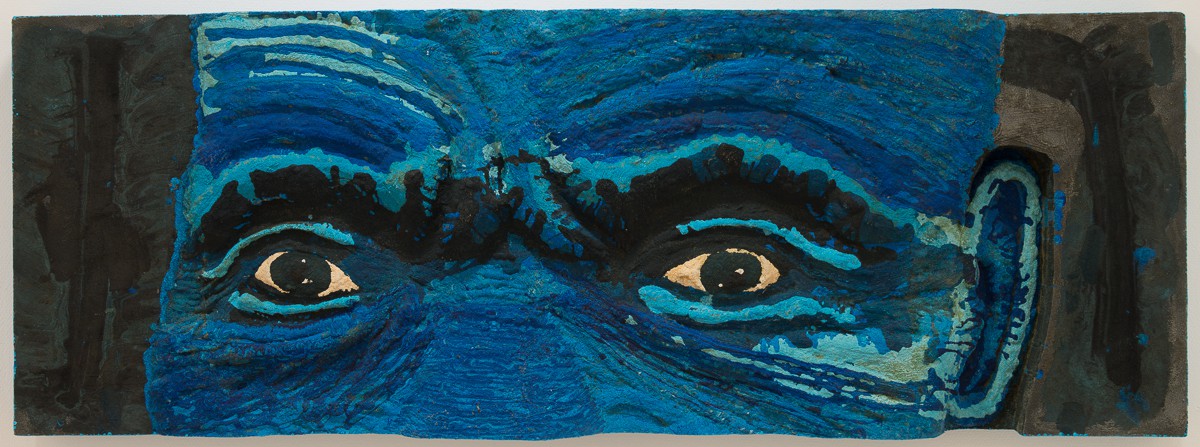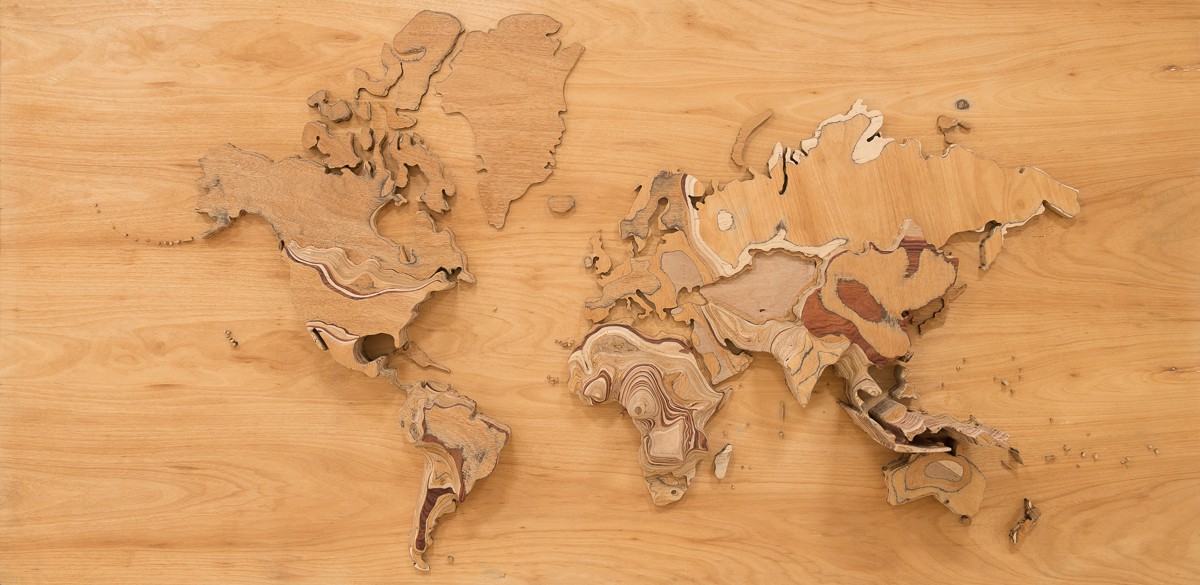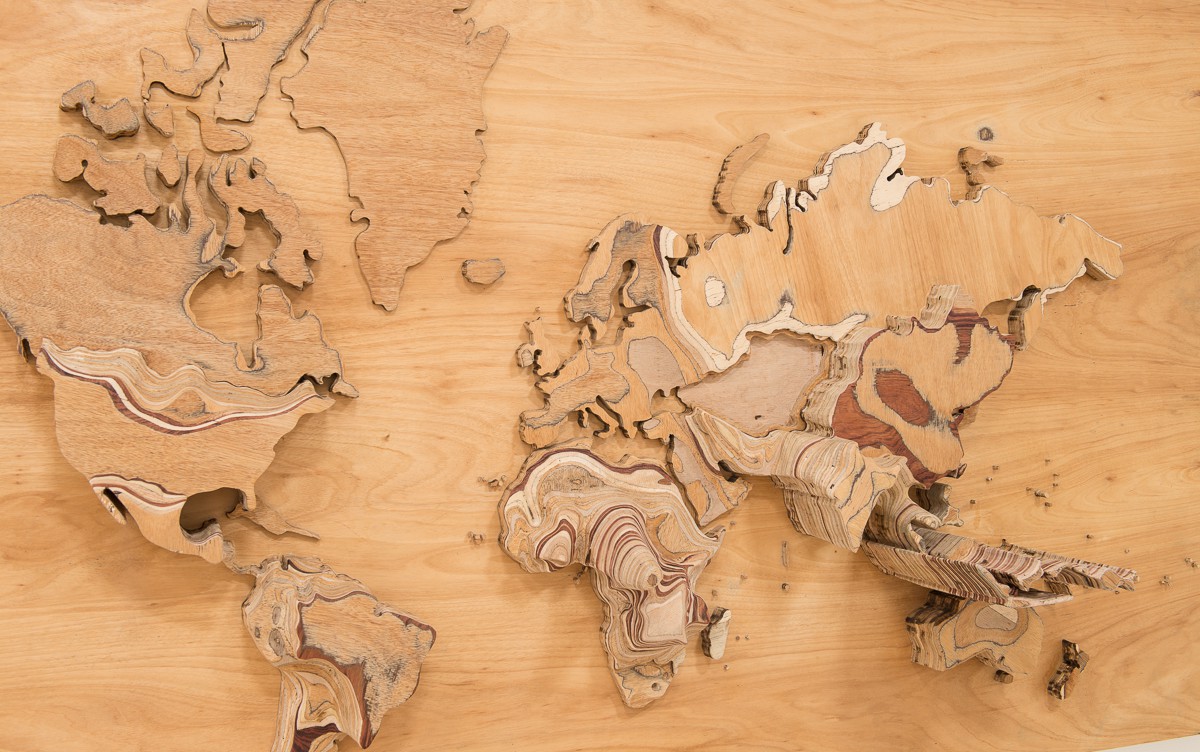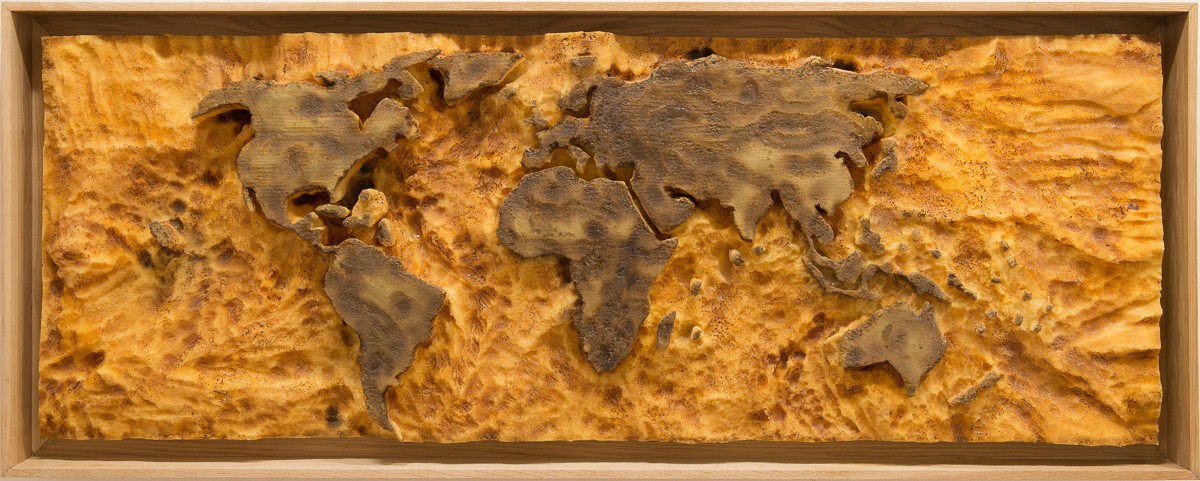Territorial integrity?
“The concept of territorial integrity is as old as the sovereign State.
It is fundamental to the Westphalian State system, and underlies the
contemporary rules of international law on the use of force, as embodied
in the Charter of the United Nations and customary international law.
Many now challenge this view of the world. The increasing importance of
international human rights law, including the right of
self-determination made this view outmoded. Some would even go so far as
to suggest that in an age of globalization the principle of territorial
integrity no longer has the importance it once had”. Michael Wood.
Should we lend a blind eye and a deaf ear to the state’s imposition of control systems that infringe on an individual’s freedoms and well-being; forcing one to sacrifice who they are and what they really are and stand for?
It wasn’t until his banishment from Florence that Dante began work on
his Divine Comedy, probably because he now had time to reflect of the
ills of the city state he helped govern and from where he too banished
others before him. He seriously indulges not only in ripping apart the
“integrity” of Florence but also on its self-critique.
Inferno is followed by Purgatorio and Paradiso; a path he sees as the
rightful one for the eventual betterment of the human condition. In
Paradiso he relies on traditional associations, such as the one between
Venus and romantic love. The first three spheres (which fall within the
shadow of the Earth) are associated with deficient forms of Fortitude,
Justice, and Temperance. The next four are associated with positive
examples of Prudence, Fortitude, Justice, and Temperance; while Faith,
Hope, and Love appear together in the eighth sphere.” Dorothy L.
Sayers
About the Exhibition
All the elements In this exhibition have been inspired by selected
components from Dante’s divine comedy, This project is in part my
critiques of issues that I find worthy a mention and dealing with as an
urgency of “now” to better our human condition.
Questioning policies that subjugate some people of nations, city-states
or any self-governing territories is always seen by “the powers that be”
as an infringement of the “integrity” of that state and somehow bringing
it into disrepute the “Territorial integrity” of that state since the
questioning might inspire the subjugated to rise up. Some would even
slap treasonous charges even when the query has nothing to do with
territorial dispute. We should only call ourselves civilized when every
single one of us feel they belong wherever they may be in ways they deem
right and not as stipulated by the powers that be.
The people of Al Quoz
In what I would call the lamentation of the state of a laborer, Karl
Marx writes, “We have proceeded from the premises of political economy…
we have shown that the worker sinks to the level of a commodity and
become indeed the most wretched of commodities; that the wretchedness of
the worker is in inverse proportion to the power and magnitude of his
production”. “The people of Al Quoz” highlights the wretched laborer of
Dubai.
Print. 50X75cm
World Order
“There are constant laments about the so-called loss of norms and values
in our culture. Yet our norms and values make up an integral and
essential part of our identity. Therefore, they cannot be lost, only
changed. That is precisely what has happened: a changed economy reflects
changed ethics and brings about changed identity. The current economic
system is bringing out the worst in us… Our society constantly proclaims
that anyone can make it if one just try hard enough, all the while
reinforcing privilege and putting increasing pressure on its
overstretched and exhausted citizens. An increasing number of people
fail, feeling humiliated, guilty and ashamed. Those who fail are deemed
to be losers or scroungers, taking advantage of our social security
system.” Paul Verhaeghe
Therefore, to avoid this humiliation, accumulation of “wealth” by any
means necessary has become a norm. This topographic piece is informed by
my statistics of how many citizens per 100000 of a given region of our
world are looked up in prisons for all kinds of crime. What you first
encounter are flat continents and islands, but the undulations of the
cost line revels evidence of where the problem is severe and where it is
not.
Used mattress and plywood. 90X190cm
Global Lingua topography
“Global Lingua topography” is a sculpture installation developed not
only as a monument to lingua distribution, but also as a testament to
what tolerance looks like. In my opinion, tolerance overtime is the only
ingredient that allows for flourishing of cultures and subcultures from
which language is born. Tolerance, genuine equality and respect of the
other is the fountain from which self-determination springs. Language is
a signifier of self-determination; that self-determination is always at
its highest when equality is not just an academic discourse but inherent
in a culture.
Plywood. 245X122X40cm
Seeing blue
This portrait is a defiant expression of my Grandfather at the
suggestion that he should relocate after the burial of my Grandmother.
He said we were mistaken to think he could not survive and that he
thrived in the plain living that he in fact did for 98 years. He
declared, “I lacked nothing though you assume so”. It then dawned on me
that perception alone of the “other” should never be the grounds to form
any kind of conclusion because what we all value is different.
The piece is called “Seeing blue” because it is blue but also I adopted
the concept of “blues music” which is a form of lamentation. We lamented
his living conditions but in turn, he lamented our inability to
understand what he valued most and kept him going.
Acrylic and plywood. 70X190X20cm
Hole
Directly inspired by Dante’s inferno is this “bottomless hole” in the
center of an unevenly spiraling segment of an abstract landscape. What
seems like a single surface color brakes into several as the spiral
reaches the mouth of the “sinkhole” plunging them all into
invisibility.
Humanity is at its worst when we identify for better or worse by color
and creed and when we define an individual by them, hence in this
sculpture colors are most prominent at the most volatile of location;
the plunge.
Acrylic and Plywood. 90X190X90cm
City Escape
City skyline is the physical embodiment of our simplistic
self-perception of being civilized and wealthy; the higher we build the
more noticed we get hence attracting more money and dreamers who want to
be part of this “success story”. Yet, when reality sneaks in we consider
moving to the countryside. Instantaneously we realize we have been
trapped by the alleged conveniences of living in the city, so we become
dreamers of a better life in the countryside trapped within the
invisible walls of the city.
City escape is montage of a collection of some of the city skylines in
the world with a wall imitating one of the most active physical walls
separating West-bank and Israel in the foreground.
Acrylic and Plywood. 90X190X6cm
